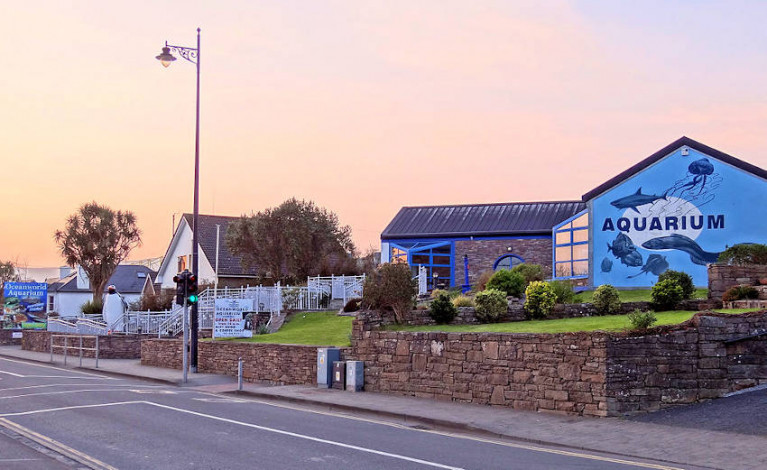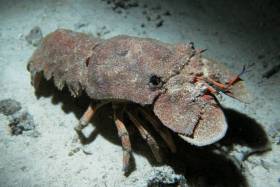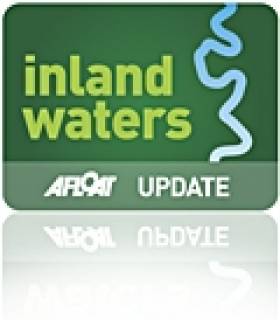Displaying items by tag: Dingle Oceanworld
A Dingle-based marine wildlife sanctuary and aquarium which has recently reopened fears having to close for good without State funding to help cover its bills, as the Irish Examiner reports.
Dingle Oceanworld says it is down more than €200,000 in takings in the wake of the coronavirus shutdown, which saw three months of bookings for school visits eliminated overnight.
While council rates were suspended and staff have been in receipt of the pandemic employment payment, the sanctuary’s director says only State support will see the business through the year.
“We have enquired but there is no major grant aid available,” says Kevin Flannery, who heads what’s one of only three aquariums in the Republic of Ireland.
“But if we don’t get some form of major grant assistance from the Government in some form we’re gone, we’re dead in the water.”
The Irish Examiner has more on the story HERE.
Warming waters are bringing more marine wildlife considered unusual for Ireland to our shores, according to a rare fish specialist.
The Irish Sun spoke to Dr Kevin Flannery of Dingle Oceanworld who discussed recent arrivals at the Kerry aquarium, including a slipper lobster normally found in the Mediterranean.
Crouch sea bream, common in the English Channel, have also been recorded here — as has a northern stone crab which typically inhabits cooler waters in Scotland, perhaps indicating a rise in temperatures there.
But Dr Flannery is hesitant to pin all the blame on climate change for these changes of scenery — suggesting that, for instance, industrial fishing off Greenland may be having a significant impact on Atlantic salmon stocks.
The Irish Sun has more on the story HERE.
'Natural Prawn Killers' Pose Threat to Irish Marine Life
Irish boatowners and fishermen on inland waterways have been urged to remain alert to the prospect of so-called 'killer shrimp' invading Ireland's waters.
The dikerogammarus villosus shrimp - which has spread aggressively throughout Europe in the past decade and was discovered in England last year - could have "dire consequences" for the biodiversity of Ireland's rivers and lakes.
Kevin Flannery of Dingle Oceanworld told the Sunday Independent: "These invasive species are very aggressive and take over from the native species - and change the whole environment and ecosystem."
The killer shrimp is larger that its native cousin, making it a more deadly predator. It is known to attack insect larvae, baby fish and native shrimp.
"The shrimp will eat the primary source of food for the trout and salmon and other indigenous species which have been here for billions of years," said Flannery.
The killer shrimp has spread mainly by attaching to boat hulls at the larval stage, promping Flannery to urge all fishermen and boatowners to disinfect their vessels before using them in Irish waterways.


























































